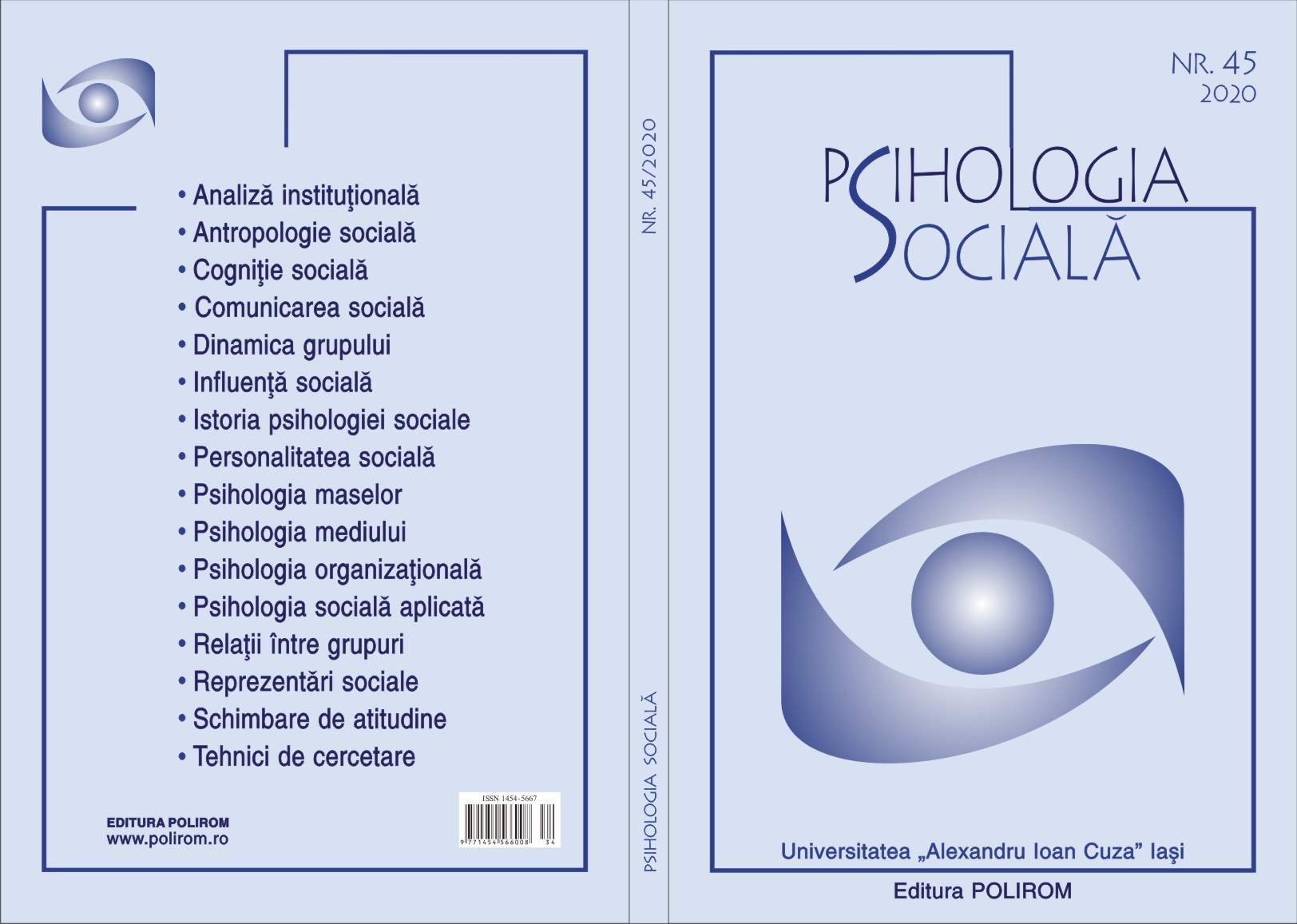Aventures et mésaventures de l’utopie
Adventures and misadventures of utopia
Author(s): Momchil HristovSubject(s): Social Sciences, Psychology, Social psychology and group interaction
Published by: EDITURA POLIROM S.A.
Keywords: utopia; anti‑utopia; socialism; totalitarianism; social sciences and humanities; Bulgaria; transition;
Summary/Abstract: Utopia does not have good fortune in Bulgarian social sciences and humanities: rarely studied, it is often seen as the matrix of all kinds of totalitarianism. In this article I focus on the radical change that the conceptualization of utopia underwent in the 1990s. Until the end of the 1980s utopia constituted – in the wake of Engels (Socialism: utopian and scientific) – an ideological testimony for the struggle of the oppressed against the feudal and bourgeois systems of exploitation. Historians, sociologists and philosophers strove to detach the concrete context of social struggles which gave substance to utopian texts like those of Thomas More or Tommaso Campanella. At the end of the Perestroika, and at the start of the “transition” from “developed socialism” to “market economy”, a fundamental change affects the theme of utopia: the scientific interest shifts from the historical multiplicity of heterogeneous utopian projects to the Utopia as such. Many researchers try – often in a same effort – to identify its theoretical and political core, as well as its destructive essence (ultra‑rationalist or irrational, it depends), in order to analyze the structures of the socialist regime and by this to denounce them as inhuman. In short, George Orwell replaces Friedrich Engels as a figure of reference. In this article I undertake an archeology of this replacement in the field of social sciences and humanities in Bulgaria in transition. More particularly, I analyze the formationof the “positive unconscious” (Foucault) of this historical moment. Although often invisible for the actors, it is nonetheless part of the scientific discourse and organizes its concepts, objects and fields of research. I start from the hypothesis that in the case of utopia, it is this series of non‑articulated presuppositions about its essence that will affect studies of the socialist era by introducing within them the paradigm of “totalitarianism”.
Journal: Psihologia socială
- Issue Year: 2/2020
- Issue No: 46
- Page Range: 53-73
- Page Count: 21
- Language: French
- Content File-PDF

